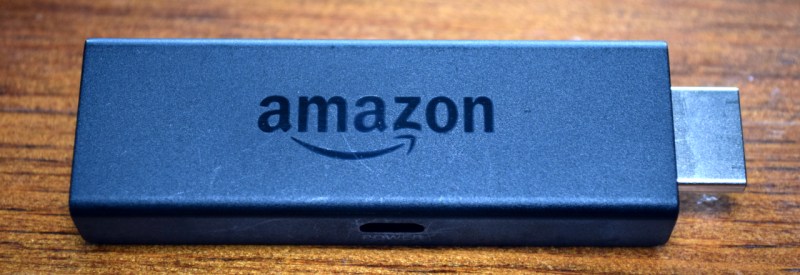Source: Hack a Day

International cybercrime, as portrayed by the movies and mass media, is a high-stakes game of shadowy government agencies and state-sponsored hacking groups. Hollywood casting will wheel out a character in a black hoodie and shades, probably carrying a metallic briefcase as they board an executive jet.
These things aren’t supposed to happen in a cheap hotel room in your insignificant hometown, but the story of a British teen being nabbed leaking the closely guarded details of Grand Theft Auto 6 in a Travelodge room in Bicester, Oxfordshire brings the action from the global into the local for a Hackaday scribe. Bicester is a small town best known for a tacky outlet mall and as a commuter dormitory stop on the line to London Marylebone, it’s not exactly Vice City.
 The teen in question is one [Arion Kurtaj], breathlessly reported by the BBC as part of the Lapsus$ gang, which is a sensationalist way of talking up a group of kids expert at computer infiltration but seemingly inept at being criminals. After compromising British telcos he was exposed by another group and nabbed by the authorities, before being moved to the hotel for his own safety.
The teen in question is one [Arion Kurtaj], breathlessly reported by the BBC as part of the Lapsus$ gang, which is a sensationalist way of talking up a group of kids expert at computer infiltration but seemingly inept at being criminals. After compromising British telcos he was exposed by another group and nabbed by the authorities, before being moved to the hotel for his own safety.
Here the story becomes more interesting for Hackaday readers, because though denied access to a computer he purchased an Amazon Fire stick presumably at the Argos in the Sainsburys next door, and plugged it into the Travelodge TV. Using this he was able to access cloud services, we’re guessing a virtual Linux environment or similar, before continuing to compromise further organisations including Rockstar Games to leak that GTA 6 footage. He’s yet to be sentenced, but we’re guessing that he’ll continue to spend some time at His Majesty’s pleasure.
The moment of excitement in one’s hometown and the sensationalist reporting aside, we can’t help feeling sad that a teen with that level of talent evidently wasn’t given the support and encouragement by Oxfordshire’s education system necessary to put it to better use. Let’s hope when he’s older and wiser the teenage conviction won’t prevent him from having a useful career in the field.



